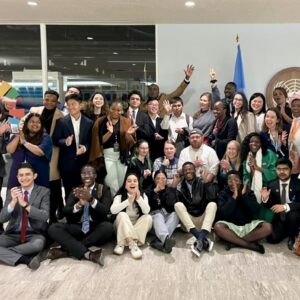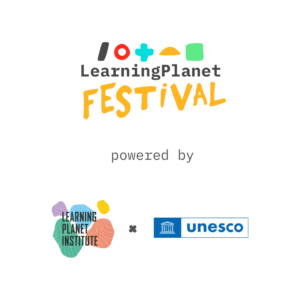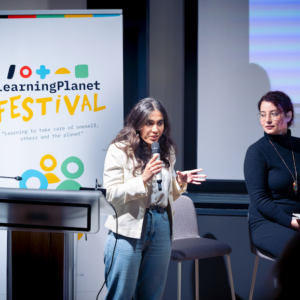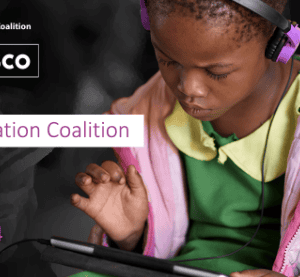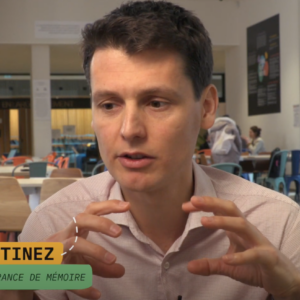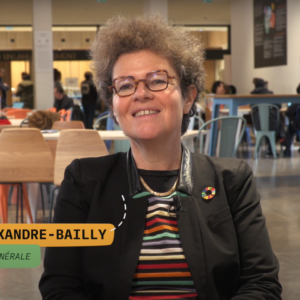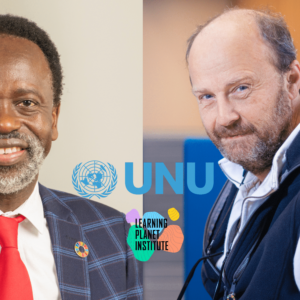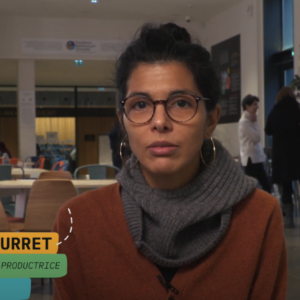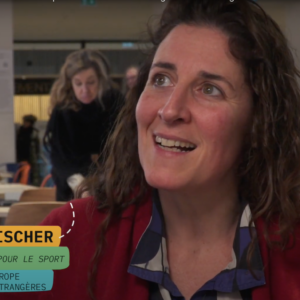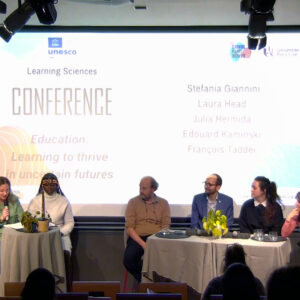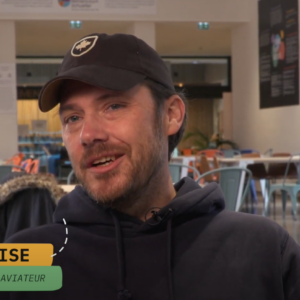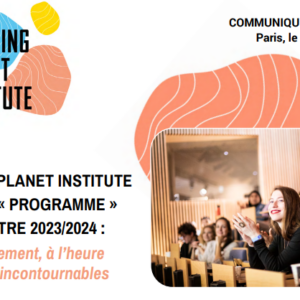The Institute launched a new report in partnership with Global Education Leaders’ Partnership (GELP) and Dream a Dream, that showcases the power of local learning ecosystems, adapting to the needs of their communities and their unique challenges with innovation and determination.
The study “Exploring learning ecosystems in the Global South – Pathways to thriving for every child” is the culmination of a year’s research, consultation and exploratory inquiry to understand the potential of learning ecosystems in the Global South. It explores real-world examples of individuals and organisations who are revolutionising access to education, shaping the collective future of learning.
Through rigorous analysis and interviews, the report aims to give educators the confidence to embrace these models as part of policy solutions, moving beyond the realm of marginal innovations.
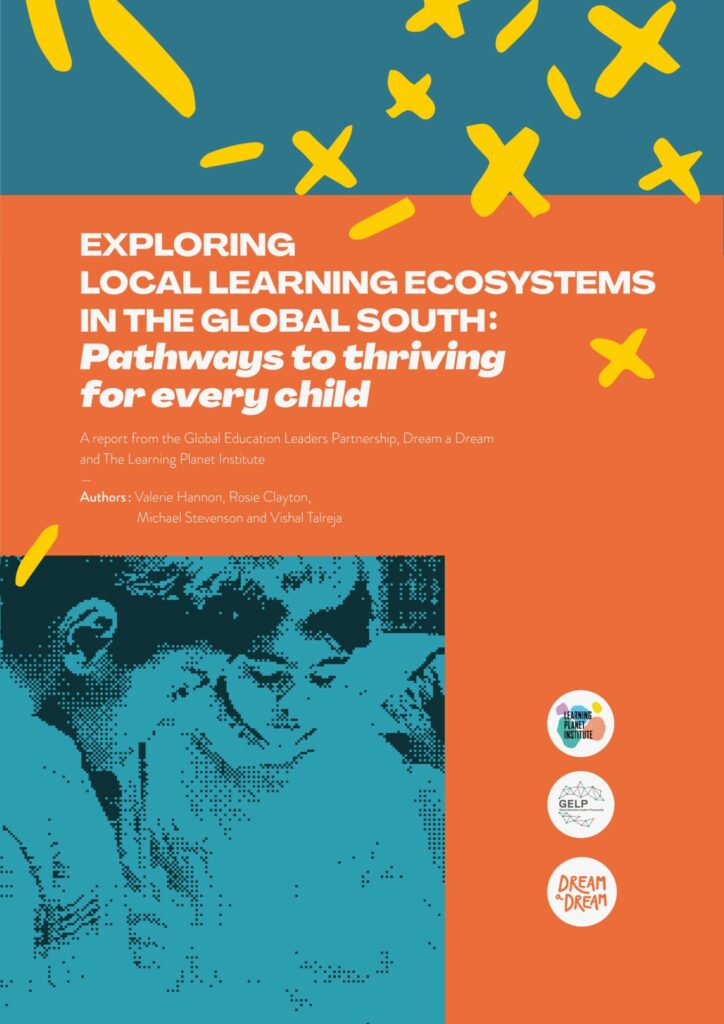
METHODOLOGY, DATABASE AND HIGHLIGHTS
Led by a dynamic and multidisciplinary team, the journey began with an extensive scan of over 100 educational initiatives across Latin America, Africa, and Asia. These initiatives were carefully selected for their ecosystemic characteristics, setting the stage for in-depth research and exploration for the past 18 months. From this process, the team identified 11 game-changers from 9 countries that exemplify the transformative power of learning ecosystems.
4 key points inspired by the models and strategies presented in the report are highlighted:
- Thriving as purpose: We must think beyond the challenges of the formal system. Shifting our focus to human flourishing requires a new paradigm, with a different perspective of who is involved, what is taught and learned, and how this is approached.
- Building trustful connections: Trust and relationships are crucial cornerstones to foster effective learning, through strong bonds between students, teachers, families, and communities.
- Forming alliances and coalitions: We need to emphasise shared responsibility and collective leadership. These actions empower stakeholders to shape education, ensuring ownership and accountability, leading to impactful outcomes, for children to thrive.
- Establishing new metrics and uses for data: Learning ecosystem actors need data to understand their impact and see how they can shift their practice to fit an ever-changing landscape.
PATHWAYS TO THRIVING FOR EVERY CHILD
The Learning Ecosystems in the Global South programme led by the LearningPlanet Alliance of the Learning Planet Institute is committed to creating a future where learning ecosystems thrive and propel educational transformation on a global scale.
The Global South represents 85% of the world, leaving our collective future in the hands of young people in Africa, Asia, and Latin America.
The greatest hope for systems on these continents is not to mimic what has been done in the Global North, but to exploit new technologies, new thinking and organisational forms to leapfrog the shortcomings of the current education systems. This is a unique opportunity to diversify the people and places where learning takes place, and smartly harness the potential of technology and data. This is the territory of ecosystems.
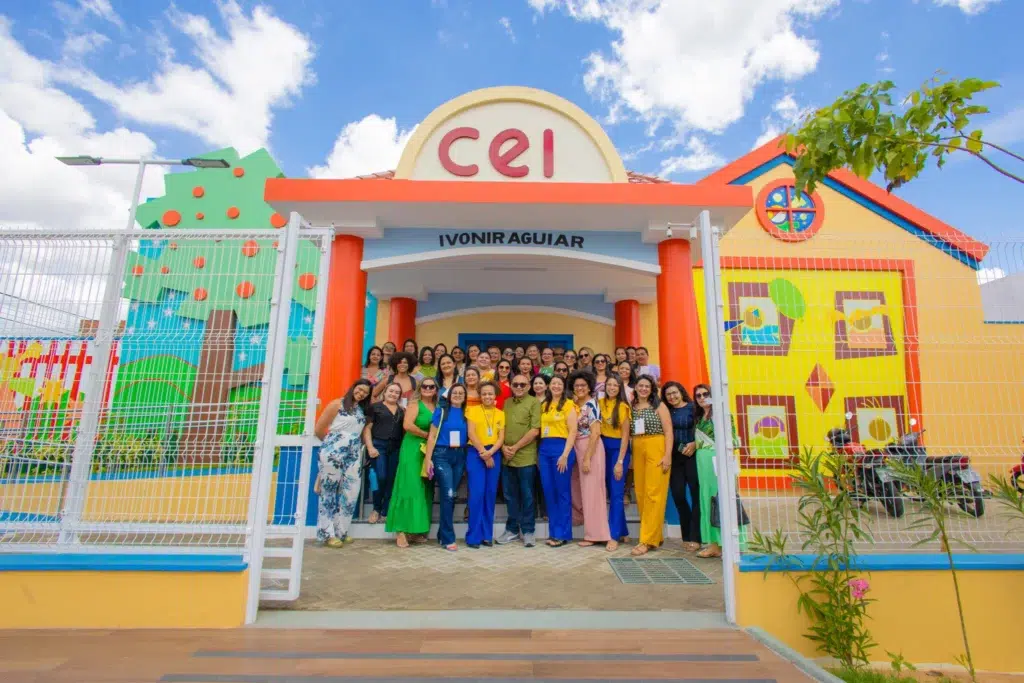
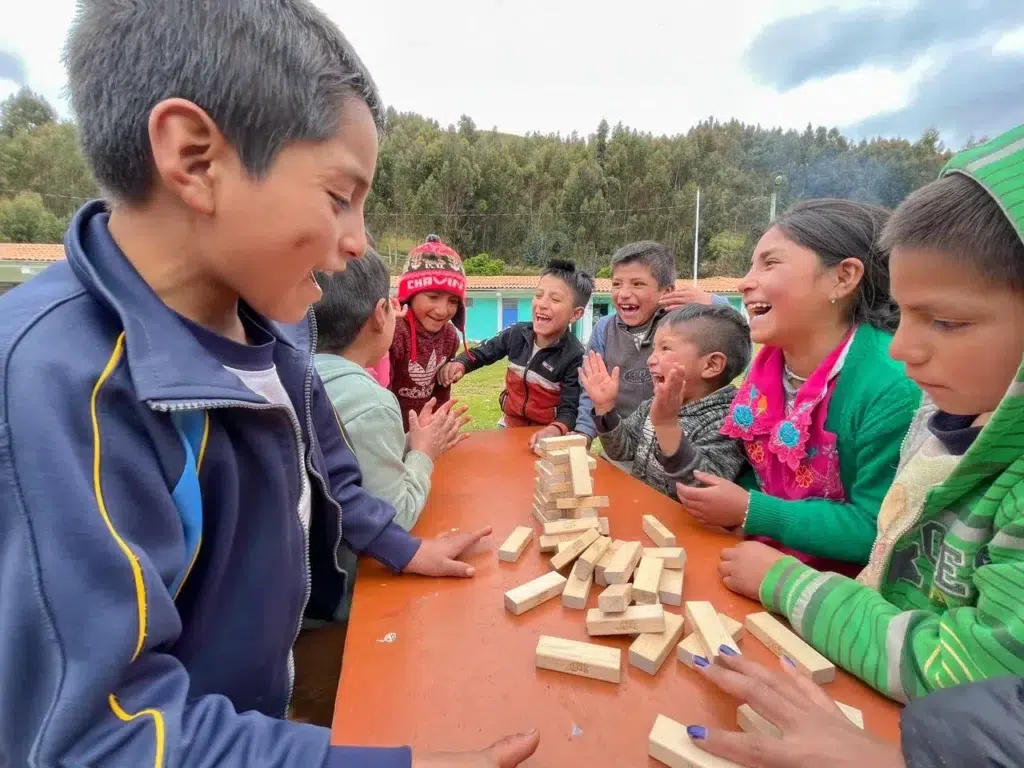
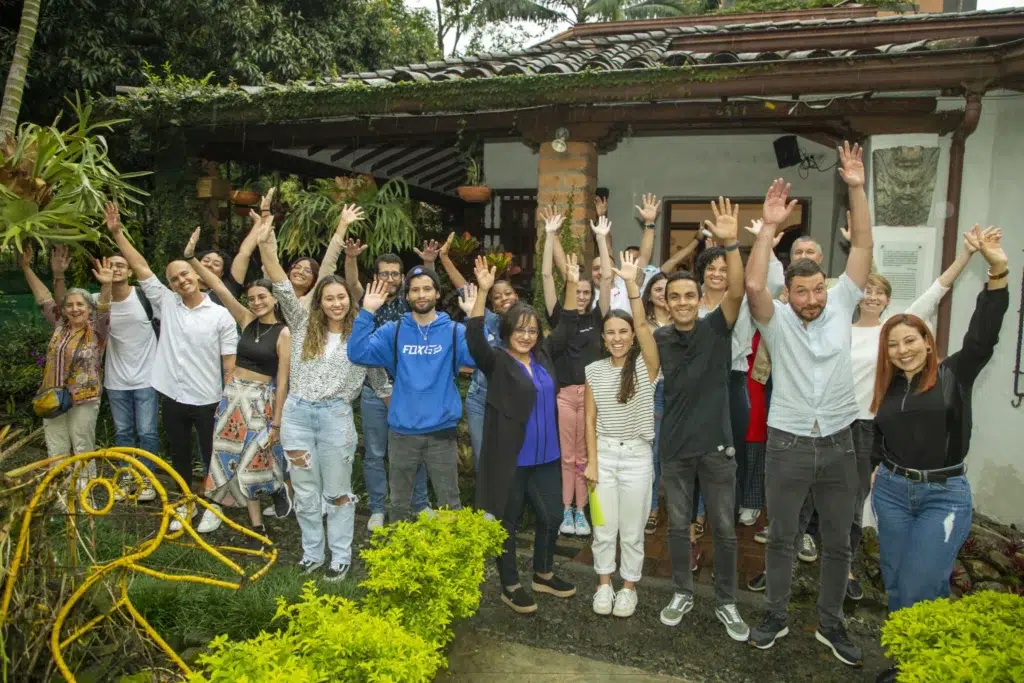
Partners of the report:
- The Global Education Leaders program (GELP) is an informal partnership of leaders in education, co-chaired by Michael Stevensen and Valerie Hannon.
- Dream a Dream is an Indian non-profit organisation working to transform the experience of education for the 260+ million children who go to school in India.
Find out more about the Learning Ecosystems in the Global South programme:
https://www.learning-planet.org/circle/learning-ecosystems
Read the full report:
https://drive.google.com/file/d/1PmRUCQ5JcQ-6KVYBkipN0uNDXfe3GIV4/view
Cette publication s’inscrit dans le cadre de la Chaire UNESCO « Sciences de l’apprendre », établie entre l’UNESCO et Université Paris Cité, en partenariat avec le Learning Planet Institute. Les idées et opinions exprimées dans cette publication sont celles des auteurs. Elles ne représentent pas nécessairement les vues de l’UNESCO et n’engagent en rien l’Organisation.

